Rose Fisher: From an Amish Childhood to a PhD in Linguistics
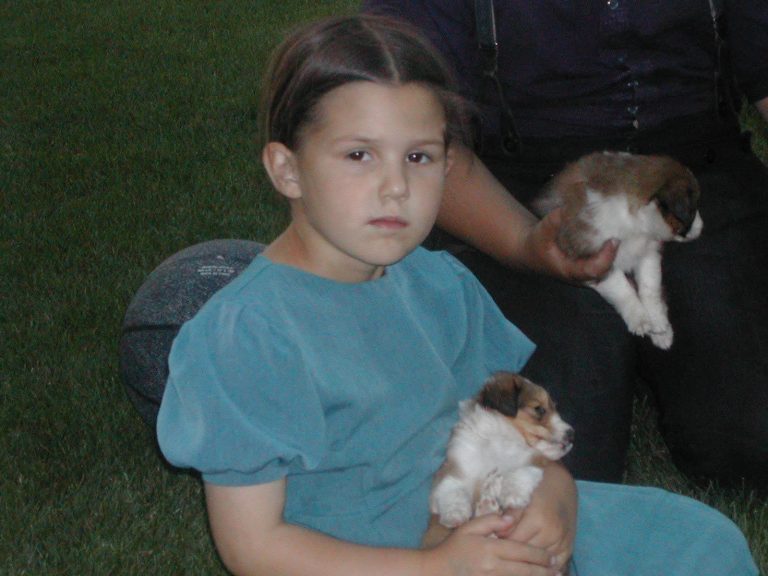
Today I return to the theme of stories from others who found their way to college from an Amish education.
At the symposium at Elizabethtown College in June, there was a group of us who had struggled a great deal before we found our way to college partly because we were recovering from an abusive childhood. Then there were those whose transition into college came more naturally without a great struggle. For the most part, it seemed that the women had a greater struggle to overcome than the men in the group. Rose Fisher was the exception. She and I discussed the reasons why this may have been the case, and we agreed that the absence of abuse was likely one of the reasons. Also, the fact that she attended high school led more naturally to a college education. This is not to negate the struggles Rose did encounter as a child, though her story is a good example of what is possible when one is unencumbered by an Amish education that is used as a means of social discipline and ends abruptly at the eighth grade.
Here is Rose Fisher’s story:
I had the great fortune of having an imperfect yet truly carefree and, in many ways, ordinary childhood. Born in Bird-In-Hand, Pennsylvania, into a loving Amish family with five siblings and many relatives and friends, my childhood was a happy one. I spent hours roaming our backyard with my younger sister building teepees, climbing trees, and wrangling the many litters of puppies our three dogs constantly supplied us. Although I often had to stay after school because I was a perfectionist who took too long to finish her work, I loved learning and enthusiastically absorbed all I could from my one-room Amish school.
When I was 11 years old, my trajectory toward typical Amish teenage and adulthood years took a sudden turn. My dad, whose incessant questions and proclivity to push boundaries prevented him from being a model Amish member, began to study the Bible with people outside the Amish community. This decision to begin exploring interpretations of the Bible that were not sanctioned by the Amish church led to my parents and two oldest sisters’ excommunication. They were the only members of my immediate family who were church members, so they were the only ones who could be officially excommunicated from the Amish church. Rather than apologizing for studying the Bible with outsiders (a prerequisite for re-joining), my parents decided to leave the only community they had ever known. At 11 years old, this transition was incredibly confusing and difficult for me. To some extent, I understood what was happening and why, but the snippets of adult conversation that were at my disposal were insufficient to fully address my preadolescent doubts and concerns. In particular, I was preoccupied with the question of what it meant to be saved (accepted by God as one of His own) and whether it was possible to accidentally commit sins and lose my place in heaven. During the 6-8 months that it took to transition out of the Amish community and as my parents were struggling with the backlash of their choice, I had many sleepless nights worrying about my status with God and my status within my formerly-warm-but-now-sometimes-hostile Amish world. I endured many awkward interactions with Amish friends and family, many of them children, who, like me, were incapable of fully processing the transition that was taking place.
While the transition into a new church, a new school, and a new life was tough, it also introduced an exciting world of possibility. My dad, who had always longed for an education that went beyond eighth grade, insisted that his three youngest daughters, who were still young enough to complete high school do so. This put the option of higher education on the table for me, which was a possibility I embraced eagerly. However, there were still many cultural barriers to contend with. Among the Amish in Lancaster, Pennsylvania, where I grew up, you are expected to begin working by the time you graduate from eighth grade and, relatedly, to contribute financially to your parents’ household with no funds set aside for college. These expectations did not suddenly go away just because we left the Amish. My family’s social circles were still firmly situated in the cultural shadows of our Amish background. Even though my parents supported my goal of furthering my education, they were ignorant about the demands (financial and otherwise) this would place on me. Throughout both my high school and undergraduate years, I had to balance working full-time with also being a full-time student.
When I applied for colleges, and began my foray into higher education, I was completely unprepared to deal with the bureaucracy and cultural expectations of higher education and had very limited support from my immediate community. I had no idea what kind of career I wanted to have, I just knew that I wanted to continue my education. Even though I was aware that college was expensive and that I would have to shoulder the burden myself, I never doubted that I wanted to do it. To me, the expense was worth it for the sake of knowledge and experience alone. I did not pursue education with the goal of acquiring a high paying job. Of course, if that happened, it would be a bonus. Ultimately, I chose to attend Millersville University because it was a state school with cheaper tuition than private colleges, and because it was close to my parents which meant I could commute and save on living expenses.
I applied to Millersville as a social studies secondary education major because I had always enjoyed history. But as the time drew near for classes to start, I felt uncertain that I wanted to be a teacher. I switched my major to Psychology, not because of any career I had in mind, but because I find human thinking and functioning to be fascinating and wanted to learn about it. I had always been curious about how similar German was to my native Pennsylvania Dutch, so I decided to take German 101 as an elective course in my sophomore year. That whim decision that seemed so unrelated to my major completely redirected my course. I fell in love with German, continued to study it, declared a second major, and studied abroad in Würzburg, Germany, in the spring and summer of 2017. There were so many things about German that felt second nature to me and yet there were also many linguistic and cultural features that felt completely foreign. It was (and still is!) an extremely enriching and rewarding endeavor to experience the world through the lens of another language and culture that was not only foreign, but also deeply intertwined with my own heritage. I graduated from Millersville in 2018 with a Bachelor of Arts in German and Psychology and a minor in History, still having absolutely no idea what I wanted to do. My degree was not straightforwardly applicable to the real world.
My undergraduate German advisor – who guided me through becoming a German major and advised me on my bachelor’s thesis – encouraged me to apply to graduate school during my senior year. I decided to take a gap year and consider what I wanted to do next. During that gap year I worked as an administrative assistant at the Young Center for Anabaptist and Pietist Studies at Elizabethtown College. When I realized that graduate school could be attended on scholarships that covered tuition and paid a living wage for teaching and research services, I saw the perfect opportunity to continue being a student – without the outrageous price tag – and decided to apply to German Linguistics programs the fall after graduating from Millersville. Given my Amish upbringing, I was a unique candidate for any graduate program but certainly for German Linguistics. I believe my connection to the German language and culture made me uniquely desirable. I was accepted to all three programs that I applied to and chose to attend Penn State because their program was good, and their location allowed me to stay fairly close to home.
I am now in my sixth and final year as a Ph.D. student in German Linguistics at Penn State. I have spent my time here learning about the field and principles of Linguistics, learning how to conduct rigorous scientific research and communicate findings, growing to love teaching (something I didn’t expect), and deepening my appreciation for the German language and all the richness that is contained within its dialects and subcultures. I have mostly taught German language courses but also had the opportunity to teach a course on Amish culture which was a wonderful experience! My research focuses on grammatical and sociolinguistic aspects of Pennsylvania Dutch and how the way it is spoken varies from place to place and from group to group. I am also really interested in how the language has been evolving over time and to what extent those developments are shaped and influenced by contact with English.
In this, my final year at Penn State, I am working on wrapping up my dissertation project, soaking up the last bit of time in this wonderful place, and applying to academic professor positions in German and Linguistics programs. Throughout my academic and personal journey, I have often relied on my own strength and wits to get me through the many unknowns and challenges I faced. But I also learned through my many failures that my own efforts were dreadfully insufficient. I now know that it is only through the grace and provision of my Lord and Savior Jesus Christ that I have been given the opportunities I have benefited from and the strength to overcome the obstacles in my path. To Him I owe all honor and glory, and it is Him that I praise for the incredible and incalculably rich opportunities to pursue my intellectual passions and curiosities. I am humbled by the magnificent complexities and diversities of His creation and honored to merely scratch at the surface of the natural phenomena found there. I still love being a student, and I still care more about knowledge for its own sake than for its lucrative applications. I do not know where the Lord will take me next, but I do trust that it will be very very good. It will be the next phase of the wonderful adventure of life.

How an Amish Boy Became a Physicist, Part 1
Today I bring you the amazing story of Leon Hostetler’s educational journey that took him…
To order a signed copy of my book(s), click on an image below. You will be taken to the books page of my author website to purchase.
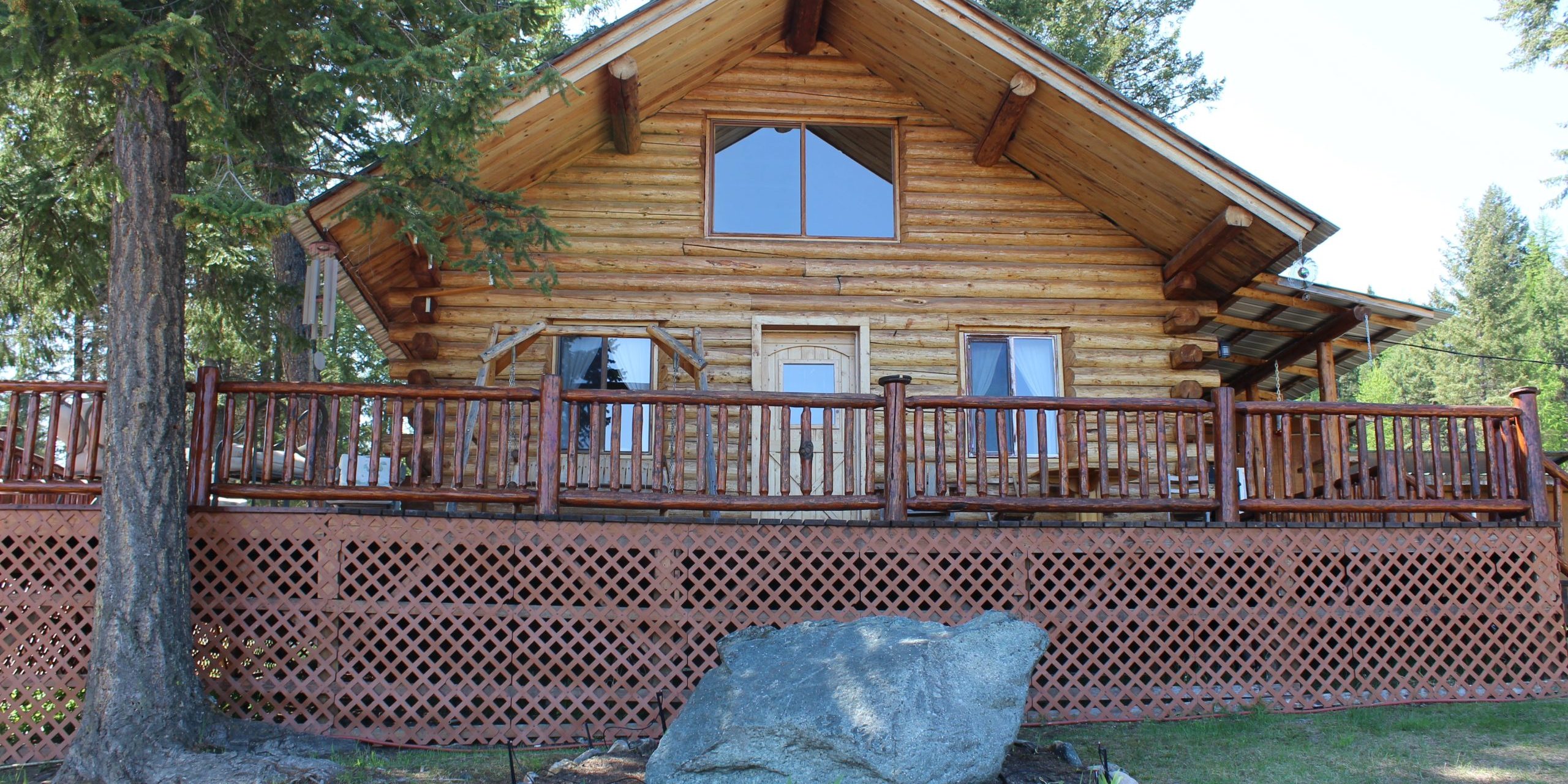

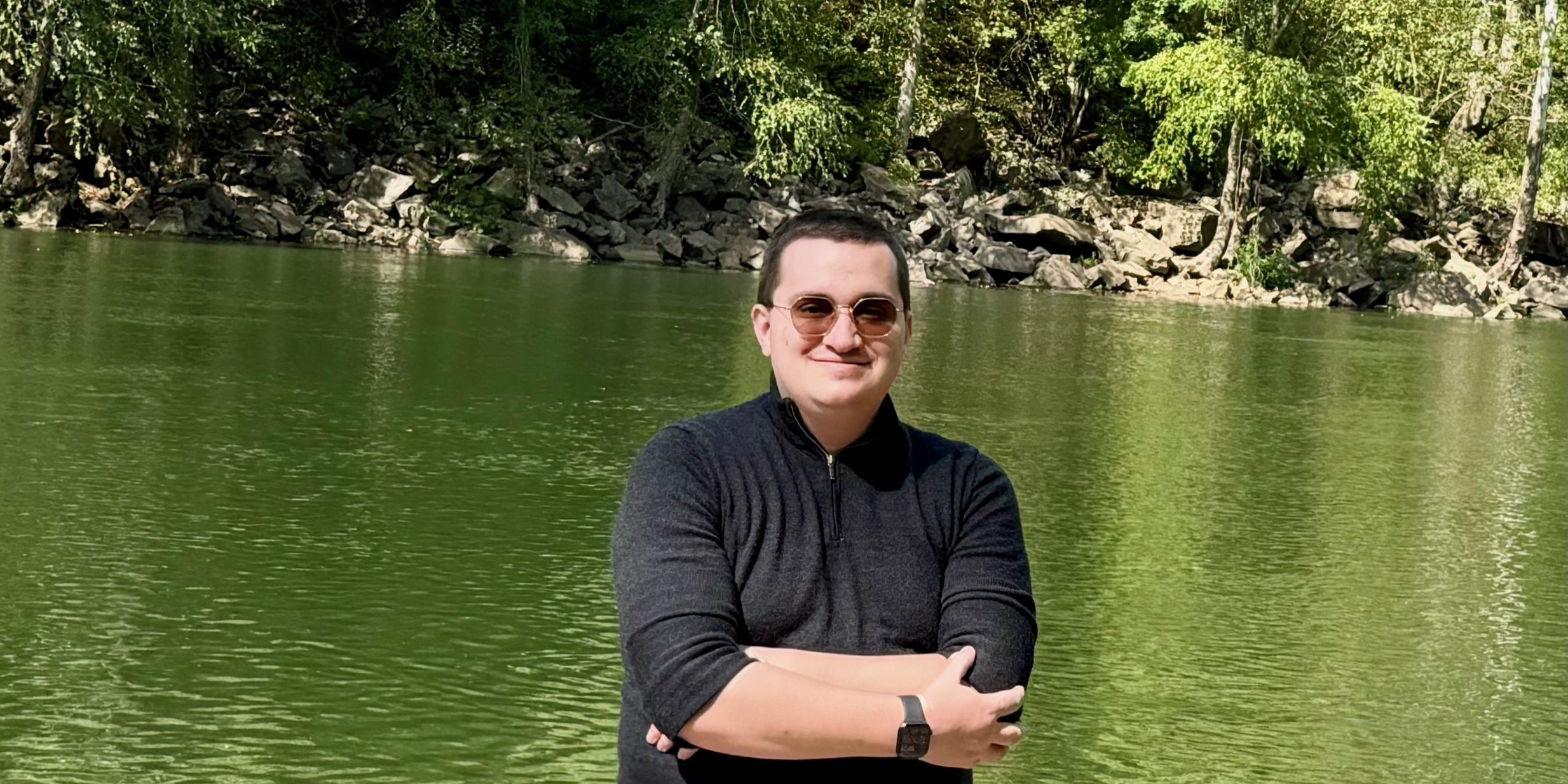
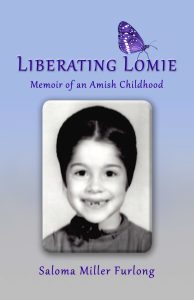

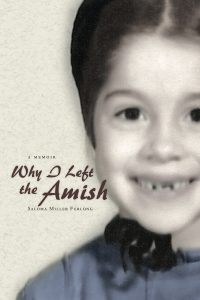
What a beautiful story of one young woman’s “finding herself” and moving forward with her life – albeit it with the support of a loving family! Wishing her all the best in her future endeavors!
I enjoyed reading your story, Rose. and I’m excited to hear about how God is leading and blessing the next part of your journey!
Thank you, Rose, for this lovely account of your early life and education. I, too, grew up in a very nurturing and loving–though certainly not perfect–family. I didn’t have the benefit of high school, but we were a reading family.
May God continue to guide you each step of your still unknown future. Personally, I have been blessed by many years of serving in the academy and the church.
Thank you, Celia and Aleta for your kind words!
Oh, Rose, I am sooo proud of you and the Beautiful young lady that you are. I wish you nothing but the Absolute best as you continue on your journey of finding out what what Awesome things God has in store for you. You will always have a Special place in my ❤️. Thank you for sharing your story. Much love, Sadie🥰